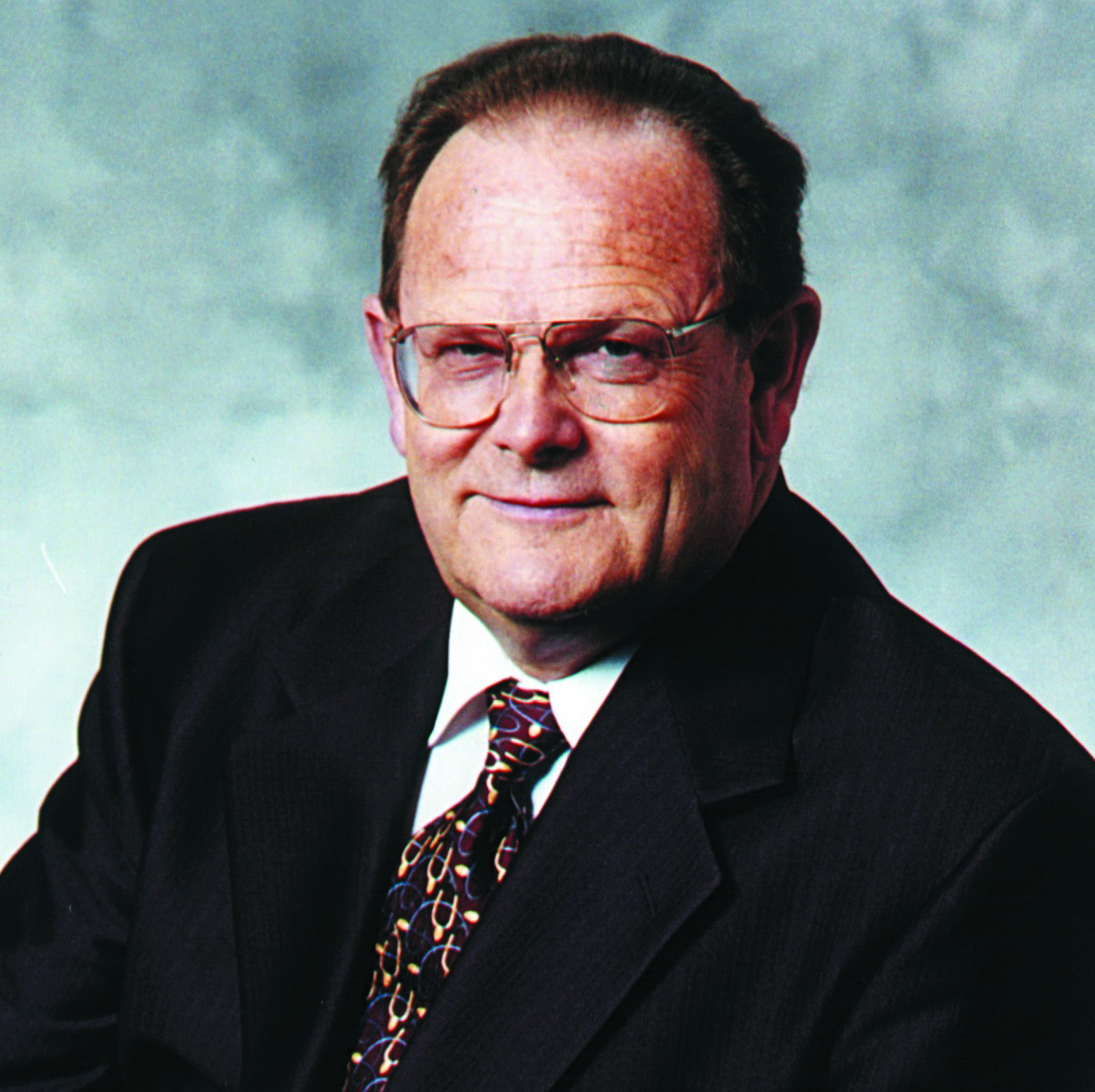
by David Reynolds
Leaving and Cleaving
Three weeks after my older daughter was married she gently but firmly informed me, “Daddy, Steve married me, not you.” I was deeply hurt. Looking back however, I have never been sorry I emotionally released them. Steve is now my pastor and I am the only other man who is allowed to hug my pastor’s wife.
“That which you love you must release-and if it is yours it will return-If it does not, it was not yours in the first place.” (Source unknown.)
The fourth principle laid down by God at the very inception of marriage was that both partners where to severe the primary ties with their parents in order to form a unique and distinct new family. This principle is so important that it was reaffirmed by Jesus in Matthew 19 and again by Paul in the Book of Ephesians.
True intimate bonding does not happen suddenly but takes time, trust, and attention. Both partners must make their relationship the top priority. Both must depend upon the Lord and each other, not on their parents. Marriage partners must
affirm, “Forsaking all others, will you cleave only unto her/him as long as you both shall live?”
Leaving Father and Mother
“Leaving” as used in this text means “to forsake dependence upon.” The Hebrew word azab means “to leave, loose, forsake, loosen, or relinquish.” It is turning one’s allegiance from the parents to the spouse. It is looking to the mate for emotional strength and approval. It is placing one’s spouse in the highest position in order to make him/her the top priority over all others.
Dr. Dan Allender, in his book Intimate Allies, claims he can trace 90 percent leave the parental home. The failure to “leave” is not always the fault of the couple-many times parents have a difficult time letting them go. Mother-in-law jokes are no joke-unfortunately they are based on real problems.
There is an epidemic in America of young men going home to mom. Mothers often encourage this bond by being willing to pick up clothes and cook and wash for their sons. Sometimes the daughter bonds with and is dependent on her father to provide clothes and luxuries that her husband cannot afford. Parents are often economically secure and desire to give gifts and little luxuries that the newlyweds can ill afford.
Many times, both sets of grandparents compete and shower their grandkids with toys.
Some grandparents interfere with discipline decisions involving their grandchildren. Child rearing and discipline must be the decision of the couple and their parents must honor this. Young couples must face these problems together and
make it clear to both sets of parents that their relationship to each other and to their children must come first.
What about the commandment to honor and obey our parents? We are to always honor our parents. This is a life-long commandment and is the only commandment with the promise of a long life. Children are to obey their parents only as long as they are under their roof and in their control. Married couples are adults and no longer are obligated to obey; they must make their own decisions. Notice that obedience must be “in the Lord.” God has already made plain His will-He
desires young couples to be independent of parental control.
Cleaving to Your Spouse
Cleaving here does not mean to “split apart with a sharp instrument”; it means the opposite. The Hebrew word here is dabaq and means “to cling to, to cleave to, to glue, to keep close.” Cleaving is for life. Staying together is not a one-time decision but it is a daily commitment to staying married when things are good and when things go bad. Marriage is bonding for life.
One evening while an older couple where enjoying a quiet evening the phone rang and the mother got up to answer it. She talked for a long time in a low voice. Finally, she came to her husband and said, “Jane is upset and wants to talk to you. She wants to move home.” The father got up and took the phone and listened to his crying daughter. He then said something in a kind voice and hung up the phone. Without a word he sat down. The mother could not contain her anxiety and curiosity and asked, “Well what did you tell her?” The father said, “I told her she was already home.” PH
52
PENTECOSTAL HERALD
MARCH 2010

